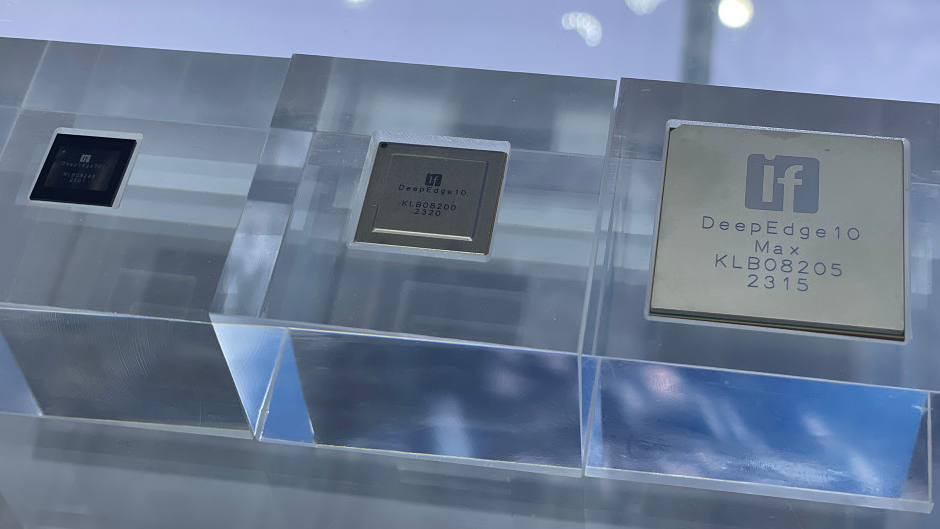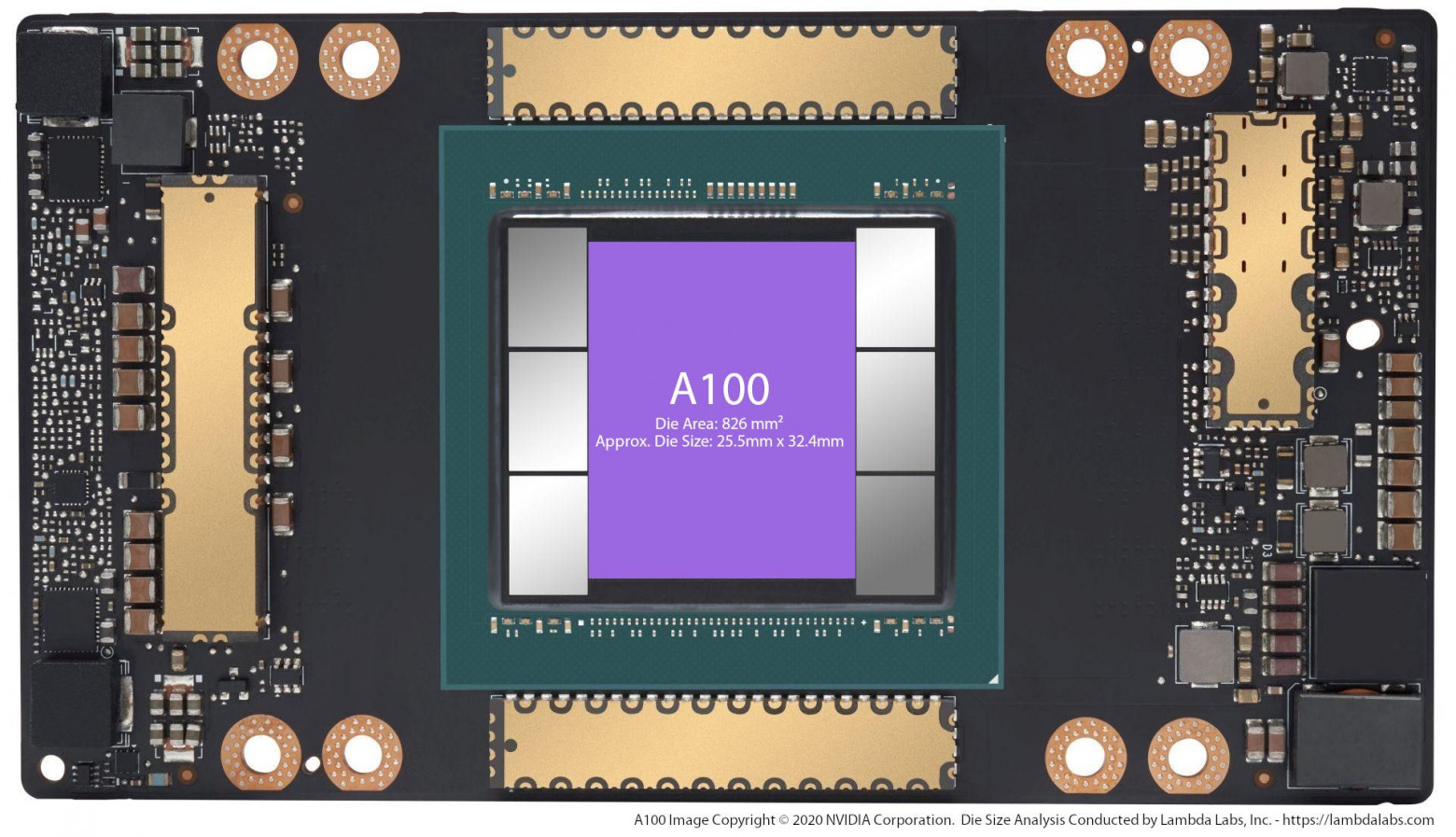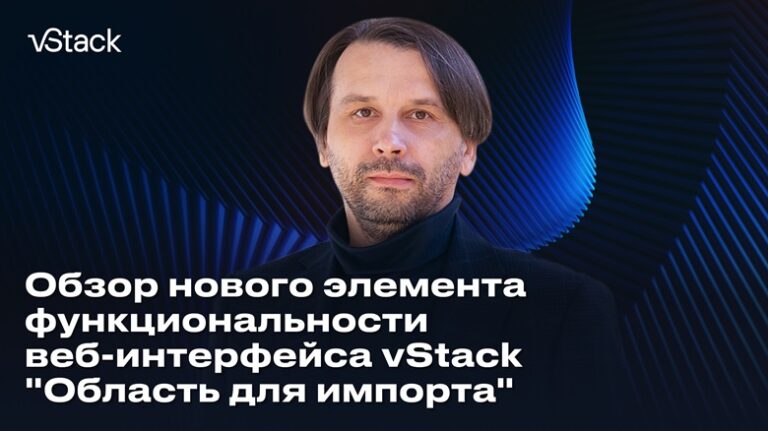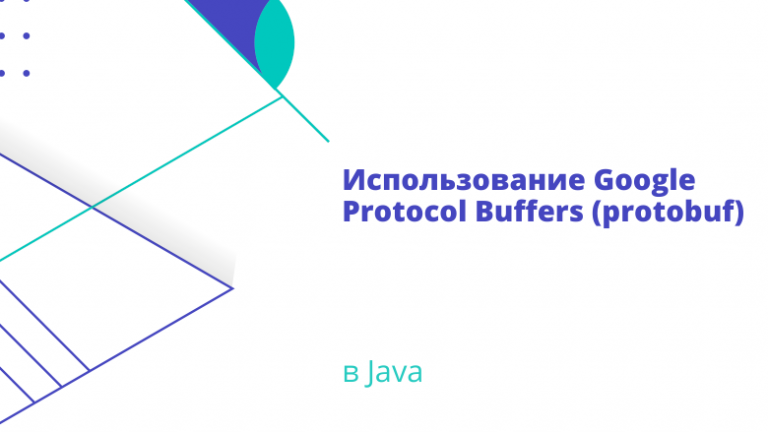The Chinese company Intellifusion introduced a 14nm AI processor. What kind of chip is this and what is it for?

In China,
as is known
, there are now difficulties with purchasing AI chips from Nvidia and AMD. Therefore, Chinese organizations that need GPUs to work with artificial intelligence have to solve problems in-house. There are different methods, one of them was recently presented by the company Intellifusion, which has developed specialized processors. Moreover, the cost of such components is very low. Details under the cut!
Do you like detective stories? Complete the quest “In Search of Missing Links”! Register on the site and try yourself in the role of a detective: find hidden links on the pages of Selectel and be the first to reach the final. Win exclusive merch and promotional code for Selectel services.
What kind of chips are they and who makes them?

The company mentioned above announced chips with a performance of 48 TOPS. The cost is 1,000 yuan – about 140 US dollars. The technological process used to produce these chips is 14 nm. It may well be that this is one of the ways for the Celestial Empire to solve problems with the artificial intelligence industry.
The chip is called DeepEdge10Max. As for the 48 TOPS figure, the processor demonstrated this performance in int8 calculations. It is worth noting that the NPU module in the Ryzen 7 8840HS only shows 16 TOPS.
In terms of technical specifications, the DeepEdge10Max SoC uses a 10-core RISC processor with a clock speed of up to 1.8 GHz, a GPU with a frequency of up to 800 MHz and an Intellifusion NNP400T neural processor. The fact that the chip is manufactured using a 14nm process technology allows for lower production costs.
Of course, it’s impossible to compare top-end GPUs from Nvidia, AMD and a Chinese company, but this is still a good option for China to gradually solve emerging problems with importing the necessary chips. Intellifusion plans to release a stripped-down version of DeepEdge10Pro with 24 TOPS performance and a flagship DeepEdge10Ultra with 96 TOPS performance. True, the cost of the chips that the company plans to release in the near future is still unknown. But the manufacturer still promises not very high prices.
According to the company's management, the new chips can be used to lower the barrier to entry for new players in the AI industry. The fact is that to work with not very large models, high power and performance are not required. And the new proposal from the Chinese organization will allow companies and individuals to enter the industry.
According to the head of Intellifusion, in the next three years, 80% of companies around the world will use large models. But the cost of equipment for the job is tens of thousands of dollars. The new development allows to significantly reduce costs.

There are other ways
Sanctions have greatly limited the flow of powerful chips, lithography machines, etc. into China, but, probably, we are only talking about official supplies. Well, what business is not interested in organizing supplies unofficially, bypassing the bans? This is how supply chains appear, where manufacturers and vendors are “deceived” by bypassing official sales channels. The word is in quotation marks because most of these schemes are likely implemented with the tacit consent of the sellers themselves. After all, businesses, whether small or large, are unlikely to completely give up profits in the light of some restrictions.
Of course, such supply channels cannot operate at full capacity, which is why the Reuters report includes small batches of chips that state universities and artificial intelligence research institutes were able to purchase. However, the suppliers remain unknown, and neither Nvidia nor the company's official partners are among these suppliers. The spokesperson said Nvidia complies with all applicable export control laws and requires partners and customers to do the same. “If we learn that a customer has made an illegal resale to a third party, we will take immediate action,” an Nvidia spokesperson said.
As for the chips, we are talking about Nvidia A100 and H100, as well as slower modified chips that are designed specifically for the Chinese market: A800 and H800. The older models were among the first to be banned, while the United States began restricting the export of younger ones only in October last year.

Reuters was able to find data on the supply of very small batches of chips. Thus, in May last year, the Harbin Institute of Technology acquired six Nvidia A100 chips to create and develop a “deep learning model”, and in December 2022, the China University of Electronic Science and Technology acquired one A100 for as yet unknown purposes. Not a lot, but there are also larger batches, the supply of which simply remains in the shadows. For example, a slightly larger purchase made by Tsinghua University. This organization managed to purchase over 80 A100 chips after the 2022 sanctions. In addition, Tsongqing University, Shandong Chengxiang Electronic Technology and others also purchased chips.
Accordingly, China, apparently, can purchase dozens, or even hundreds of modern chips like the A100. But we are not talking about tens of thousands. Although everything may change: for example, the black market for chips is now quite actively developing, on which surplus large quantities supplied to companies from the United States were sold. There were also sales of chips to China by Indian, Taiwanese and Singaporean suppliers. By the way, India has significantly increased its purchases of American chips over the past few months.
What's next?
As far as one can understand, China will somehow still be able to work in the AI industry even under the current conditions of severe restrictions. Companies receive investments from the state, plus they are trying to find different ways to solve the problem of the shortage of chips. In the near future, China is likely to become another supplier of chips with AI modules.
Read also





